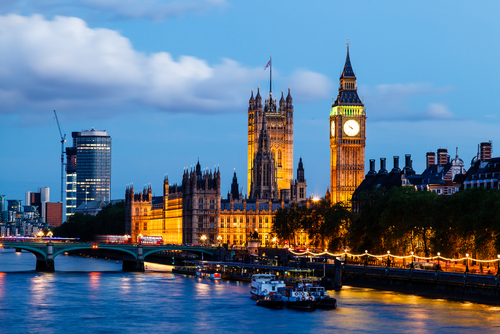Tech Giants Talk With Government Over Online Content Rules

Letter to ministers spells out tech industry position on any forthcoming rules regarding harmful online content
Some of the world’s largest tech firms have written to the British government, stating their position regarding the introduction of any new regulations about harmful online content.
Firms including Facebook, Google and Twitter have reportedly written the culture, health and home secretaries calling for a clear recognition of the difference between illegal and harmful content.
The move comes after years of growing pressure. In 2017 the government demanded that social networks and ISPs remove abusive, humiliating or intimidating content. Added to this is a forthcoming White Paper on “online harms” that is expected to be published in the coming weeks.
![]()
Harmful content
But the tech industry it seems is keen to have some input, and they have endorsed six positions that they believe the government needs to consider.
According to the BBC, the first of these is that any regulations must “be targeted at specific harms, using a risk-based approach.”
Secondly, the rules need to “provide flexibility to adapt to changing technologies, different services and evolving societal expectations.”
The third issue deals with responsibility, as the tech industry wants to “maintain the intermediary liability protections that enable the internet to deliver significant benefits for consumers, society and the economy.”
The last three demands are straightforward. The rules have to be “technically possible to implement in practice”; they have to “provide clarity and certainty for consumers, citizens and internet companies”; and lastly has to “recognise the distinction between public and private communication.”
Growing pressure
The tech industry pre-emptive strike on any forthcoming rules comes amid growing pressure from lawmakers on tech firms to take action.
Earlier this month the UK Parliament’s Science and Technology Committee warned social media firms that they should have a legal “duty of care” to children.
Cases such as 14-year-old Molly Russell, who took her own life after viewing self-harm images on Instagram, have only furthered lawmaker concerns about online content.
Incidentally, following the Molly Russell case, Instagram said it would remove all graphic images of self-harm on the platform.
But days later the Labour Party said that “radical action” was needed to “fix the distorted digital market.”
Tom Watson, Labour’s Deputy Leader and Shadow Secretary of State for Digital, Culture, Media and Sport, called for a new regulator and claimed the Labour Party would “where necessary break up monopolies.”
Labour’s promise to break up firms such as Facebook, Google, or Twitter, certainly raised a few eyebrows, as it provided no details on how a British regulator would achieve a breakup of foreign tech firms mostly headquartered in the United States.